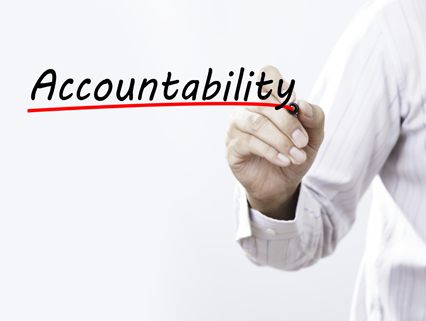We are soon one full year into the Covid-19 pandemic and the world has paid a very high price for this so far, and it’s not over, yet!
Although some companies has been able to turn the crisis into growth and financial success, most companies are loosing vast amount of money and whole industries are threatened on their existence, so saying that there are positives connected to this is perhaps a bit daring, but for sure we can see some learnings that has come out already, and for sure, more will emerge as we move forward and learn how to navigate even better under these circumstances.
In the past 20 years we have seen stress growing as a global phenomenon! This in particular after the financial crisis in 2007-2012, where many companies utilized the opportunity to cut layers of fat in their organizations. This left fewer people to do more, and at the same time, having to deal with a constant growing amount of information and decisions that has to happen faster to keep up.
During the lock down many companies, who normally would not allow their employees to work from home, realized that they had to. For many it came as a surprise that the employees actually were capable of delivering a decent effort working from home, and many reported a feeling of being more efficient, due to less distractions and for those not threatened to get fired, there has also been reports of much less stress. The losers were people with a high need for social participation, who found themselves depressed due to lack of company. Conclusion must be, that companies can benefit from establishing a more flexible approach to how people work, integrating the best from both worlds.
A major challenge for many companies was, and for some still is, that managers has not been prepared for this kind of leadership, revealing that the problem lies not with the employees and their commitment, but rather in an outdated leadership control system, where leaders do not trust their employees to do the work without the God (leader) being present. A true paradox is that many leaders can and will work from home when hey have to concentrate and be efficient!
When talking to candidates and coaching clients about their situation and needs, it has become very clear to me, that companies faces a new challenge, which is the new knowledge in the employee, that they actually can work and perform from home. This means that employers will experience an increased demand for this and has to prepare mentally for this, both with their existing employees and also in particular with new hires, who will see the lack of this opportunity as a negative when considering a job change.
We cannot change evolution, but we can prepare to support it. In essence this means two things; employees has to be taught more about self-leadership, as this is not a natural skill as many leaders think, and secondly, we have to continue teaching and coaching leaders in how to manage virtually and how to empower their people and use trust and support as dominating leadership tools.
How much have you done to secure your leaders for the inevitable future?






